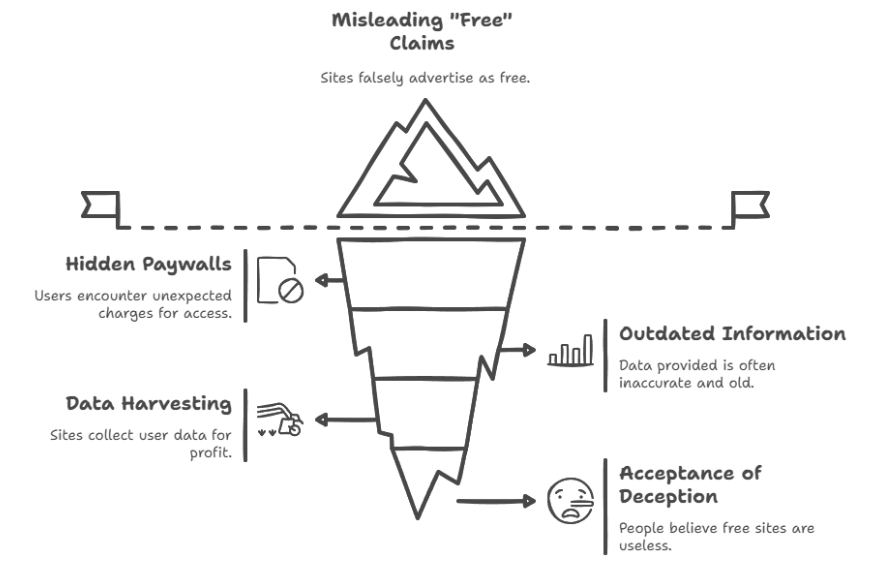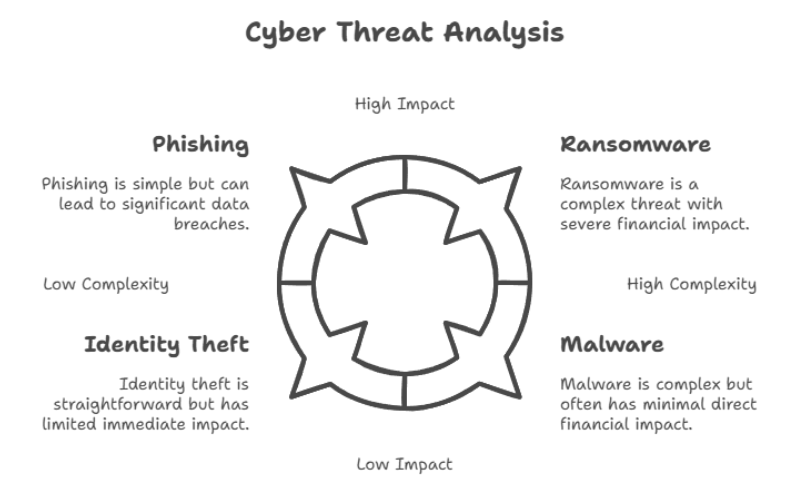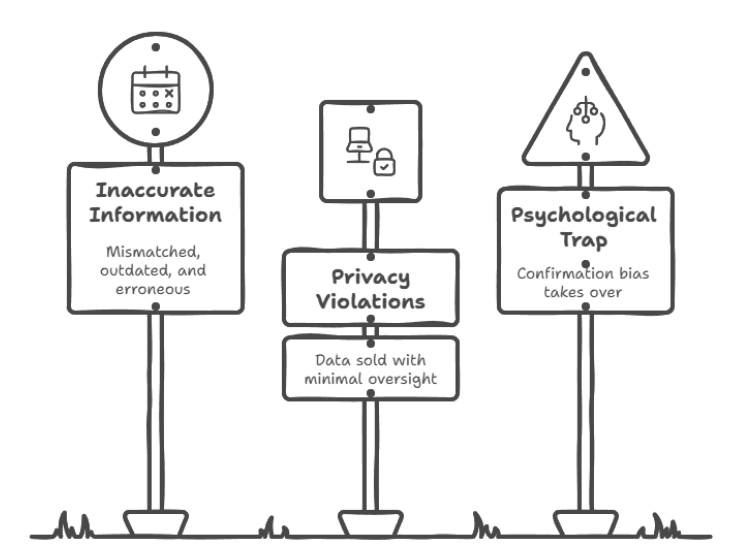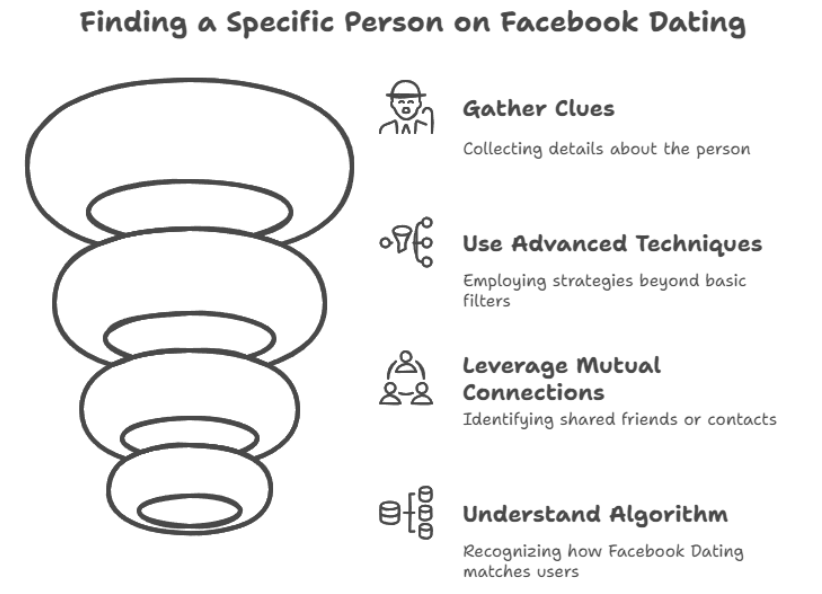
Look, I’m going to save you about $200 and six hours of frustration right up front. Three years ago, I thought free people search sites were just watered-down versions of the paid ones. Boy, was I wrong – most of them are complete scams designed to harvest your email address and then upsell you to death.
But here’s the thing nobody tells you: there are actually four or five free platforms that work better than some paid sites I’ve blown money on. The problem is finding them buried under all the fake “free” sites that hit you with a $39.95 charge after showing you one piece of outdated information.
I learned this the hard way when I was trying to track down witnesses for a legal case. Spent an entire weekend clicking through sites that promised “100% free comprehensive reports,” only to get slammed with subscription fees and find information that was three years old. One site charged my credit card $89 for a “premium report” that contained less information than I could’ve found on Google in five minutes.
Free Sites That Actually Work (No Gotchas, No Upsells)
After testing every platform I could find, here are the ones that consistently deliver without trying to scam you:
TruePeopleSearch: The Workhorse That Nobody Talks About
This site is ugly as hell, looks like it was built in 2005, and has zero marketing budget. But it works. Actually works.
I found my old college roommate’s current phone number in 30 seconds. No registration, no credit card, just straight-up contact information. Their database pulls from voter registrations, property records, and court filings – all public information, all legitimately free.
The catch? Limited search options and sometimes the information is 6-12 months behind. But for basic contact info, this site beats most paid platforms.
Real example: Used this to find contact info for a mechanic who’d worked on my friend’s car and disappeared after she paid him $800. Found his current address and phone number immediately. She got her money back.
FastPeopleSearch: When You Need Relatives and Associates
This one’s particularly good at showing family connections and people who’ve lived at the same addresses. I used it to track down my high school friend’s brother when she went missing during a family emergency.
Shows current and previous addresses, phone numbers, and related people – all completely free. No limits on searches, no registration required.
The downside is accuracy can be hit-or-miss on older records, and they don’t verify information as thoroughly as paid sites. But for emergency situations or when you need to find someone through family connections, it’s incredibly useful.
ThatsThem: The Reverse Lookup Champion
Hands down the best free reverse phone lookup I’ve found. Someone keeps calling you from an unknown number? Plug it in here and you’ll usually get a name and address.
I’ve used this to identify telemarketing scams, verify business contacts, and even helped my neighbor figure out who was calling her elderly mother trying to sell her stuff she didn’t need.
Also works for email addresses and addresses. The database isn’t as comprehensive as some paid options, but for basic reverse lookups, this beats everything else I’ve tried.
FamilyTreeNow: More Than Just Genealogy
Don’t let the name fool you – this isn’t just for family research. Their people search function pulls from genealogy databases that often have information other sites miss.
Found my old boss’s contact information here when he’d completely disappeared from other platforms. Turns out he was using a middle name that only showed up in family records.
The interface is clunky and search results can be overwhelming, but if standard people searches aren’t working, this often finds people through family connections that aren’t obvious elsewhere.
USPhonebook: Old School But Effective
Exactly what it sounds like – a digital phone book. But they aggregate information from multiple sources and it’s genuinely free.
Best for finding people who maintain traditional landlines or have been at the same address for years. I’ve had surprising success finding older people here when modern social media-based sites come up empty.
Limited information compared to other options, but what they show is usually accurate and current.
The Real Problem: Why Most “Free” Sites Are Actually Expensive Traps
Here’s what’s killing me about this industry – sites calling themselves “free” when they’re anything but. They’ll show you a person’s name and city, then demand $49.95 for their phone number. That’s not free, that’s a bait-and-switch.
I had a client trying to find her birth father. She spent three days on sites that kept promising “complete contact information” for free, only to hit paywalls every single time she tried to access anything useful. By the time she came to me, she’d already wasted $180 on partial information from four different platforms.
The worst part? Half the information they were selling was wrong. Phone numbers from 2019, addresses where people hadn’t lived in years, even deceased people showing up as “currently residing” in places they’d never been.
But here’s what really gets me – people think this is normal. They accept that “free” means “completely useless” and that finding someone always costs money. That’s bull. The good free sites exist, you just have to know where to look and how to use them properly.
The Search Strategy That Actually Gets Results
Here’s where most people screw up – they type in a name, get frustrated when they don’t find anything immediately, and give up or pay for premium services they don’t need.
Start with what you know for certain, then expand. Full legal name first, then try nicknames, middle initials, married names. I spent two hours looking for “Jennifer Williams” before realizing she’d been going by “Jen Williams-Parker” since her divorce.
Work the location angle hard. People move, but they usually don’t go far. If someone lived in Phoenix in 2018, try searching surrounding cities – Scottsdale, Tempe, Mesa. I found my army buddy this way when he’d moved from base housing to a suburb 20 minutes away.
Use the family connection hack. Can’t find John Smith directly? Search for his brother Mike Smith, his mother Mary Smith, anyone with the same last name who might be listed at old addresses. Family connections often lead you to people who’ve gone off-grid digitally.
Cross-reference everything. If one site shows a Phoenix address and another shows Scottsdale, check the dates. People move, and older information doesn’t automatically disappear from databases.
The biggest time-saver: search multiple name variations simultaneously. Open three browser tabs, run “Michael Johnson,” “Mike Johnson,” and “M. Johnson” at the same time. Most people use different versions of their names for different things.
Red Flags: How to Spot Scam Sites Before They Get Your Money
After getting burned early on, I developed a system for identifying garbage sites before they waste my time or money:
Any site that requires a credit card for “free” results is lying. Period. Real free sites don’t need your payment information to show you public records.
“Comprehensive background reports” for free don’t exist. If a site promises detailed criminal history, financial records, and personal information for nothing, they’re either lying or selling stolen data.
Pop-ups claiming “urgent security threats” are scams. I’ve seen sites that immediately show fake security warnings claiming someone is searching for you. Pure manipulation.
Results that seem too detailed to be true probably are. One site claimed to show me someone’s exact salary, credit score, and dating history for free. Complete fabrication.
Auto-playing videos with testimonials from “satisfied customers” are red flags. Legitimate sites let their results speak for themselves.
I have a simple test: if a site feels like it’s trying too hard to convince me it’s legitimate, it probably isn’t.
The Stuff They Don’t Want You to Know: Legal Ways to Get Premium Information for Free
Here’s something most people don’t realize – a lot of “premium” information is actually available for free directly from government sources. The paid sites are just aggregating and repackaging public records you can access yourself.
Court records are public. If you need to know about someone’s legal history, go directly to county clerk websites. Most have online databases now.
Property ownership is public information. County assessor websites show who owns what property, when they bought it, and for how much. I’ve found people through property records when everything else failed.
Business licenses are searchable. If someone owns a business, their contact information is usually available through state licensing databases.
Voter registration records are mostly public. Many states allow limited searches of voter rolls, which can help confirm addresses and names.
This takes more time than using aggregator sites, but it’s free, accurate, and often more comprehensive than what you’d pay for elsewhere.
When Free Isn’t Enough (And How to Know)
Look, I’m all about free resources, but sometimes you need to invest in better tools. Here’s when I tell people to consider paid options:
When safety is involved. If you’re trying to verify someone for business purposes or personal safety, free sites don’t provide enough verification. Pay for comprehensive background checks.
When time matters more than money. Free searches can take hours. If you’re on a deadline, paid sites with better search filters and more current data might be worth it.
When you need verified accuracy. Free sites don’t guarantee accuracy. If you’re making important decisions based on the information, invest in verified data.
When you’re doing multiple searches. If you’re finding lots of people regularly, paid subscriptions become cost-effective compared to the time investment of free searches.
But here’s my rule: always try the free options first. I’ve saved clients thousands of dollars by finding people through free searches instead of immediately jumping to expensive investigation services.
Privacy and Ethics: Don’t Be That Creepy Person
Just because you can find someone’s information doesn’t mean you should use it irresponsibly. I’ve seen people completely destroy relationships by misusing search results.
Don’t mention information people haven’t shared publicly. If a free site shows you someone’s address, don’t reference knowing where they live unless they’ve told you. It’s creepy and makes you look like a stalker.
Respect the silence. If someone’s made themselves hard to find, there might be a good reason. Domestic violence survivors, people with stalkers, folks who just want privacy – not everyone wants to be contacted.
Consider your motivations. Are you trying to reconnect for positive reasons, or are you just being nosy? Be honest with yourself about why you’re searching.
I always run this test: if someone found and contacted me the same way I’m planning to contact them, would I be pleased or disturbed? If the answer isn’t clearly “pleased,” I reconsider my approach.
The Bottom Line: What Actually Works in 2025
After three years of testing these platforms and helping people find everyone from old friends to deadbeat contractors, here’s what I know for sure:
Free people search sites aren’t perfect, but they work way better than most people realize. The key is knowing which ones to trust, how to search effectively, and when it’s worth upgrading to paid options.
Start with TruePeopleSearch for basic contact info, use FastPeopleSearch for family connections, and hit ThatsThem for reverse lookups. If those don’t work, try the government databases directly before paying anyone.
Most importantly, be patient and systematic. I’ve found people that expensive investigation services couldn’t locate, just by being persistent with free tools and thinking creatively about search terms.
The information is out there. The tools exist. You just need to know how to use them without getting scammed or spending money you don’t need to spend.
Your old friends, long-lost relatives, and that contractor who disappeared with your deposit are all findable. The question isn’t whether you can locate them – it’s whether you’re willing to put in the work to do it right.



